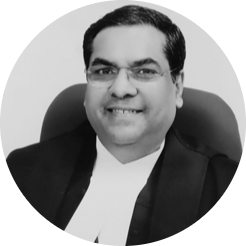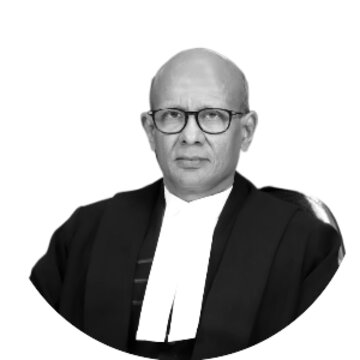Enforcement of Fundamental Duties
Durga Dutt v Union of India
Petition seeking the enforceability of Fundamental Duties.
Pending
Parties
Petitioner: Durga Dutt
Lawyers: Karunakar Mahalik
Respondent: Union of India
Lawyers:
Case Details
Case Number: W.P.(C) No. 000067/2022
Next Hearing: March 7, 2024
Last Updated: September 11, 2024
Case Description
On February 21st 2022, the Supreme Court issued a notice to the Union Government in a writ petition filed by Advocate Durga Dutt seeking the enforcement of Fundamental Duties. The petition stressed the need to strike a balance between civil rights and civil obligations.
Fundamental Duties, enshrined in Part IV-A of the Constitution of India, 1950, are a list of 11 unenforceable duties that citizens are obligated to perform for the State. Examples of Fundamental Duties include the protection of the sovereignty and integrity of India, the promotion of harmony and brotherhood, and to safeguard public property.
Mr. Das requested the Court to direct the Union to provide incentives to citizens to adhere to Fundamental Duties, and to set up an Independent High-Powered Committee to scrutinise and review the legal framework on Fundamental Duties. A Bench comprising Justices Sanjay Kishan Kaul, and M.M. Sundresh sought the response of the Centre and States in creating a comprehensive set of rules, or a uniform policy, that would ensure citizens’ adherence to Fundamental Duties.
The petition pointed out that while Fundamental Rights are conferred on citizens, the Fundamental Duties chapter of the Constitution requires citizens to follow certain basic norms of democratic conduct. Highlighting that Fundamental Rights and Duties are co-extensive, the petition said that in certain instances, the violation of Fundamental Duties led to the violation of Fundamental Rights. An example of this is when protestors block roads, violating their Fundamental Duty to the nation while obstructing the Fundamental Rights of others. Similar non-adherence to Fundamental Duties by citizens may affect other citizens’ Fundamental Rights to equality, free speech, and life and liberty, respectively held under Articles 14, 19, and 21 of the Constitution of India, 1950.
In a previous decision in 2003, the Supreme Court directed the Centre to implement the recommendations of the Justice J.S. Verma Committee, which was set up to suggest ways in which Fundamental Duties may be taught in schools. The Committee, constituted by the Union Government in 1999 in response to a notice issued by the Supreme Court in 1998, recommended that awareness about Fundamental Duties must be created in educational institutions. The present petition, which relies on the Supreme Court’s 2003 decision, requests the Court to direct the Centre to implement it.
In 2017, the Supreme Court refused to hear a PIL filed by Ashwini Kumar Upadhyay, Bharatiya Janata Party spokesperson and lawyer, asking the Court to direct the Centre to implement the findings of the J.S. Verma Committee.
While the chapter on Fundamental Duties was introduced in the Constitution in 1976, the question of their enforceability has begun to crop up more frequently in recent times.



